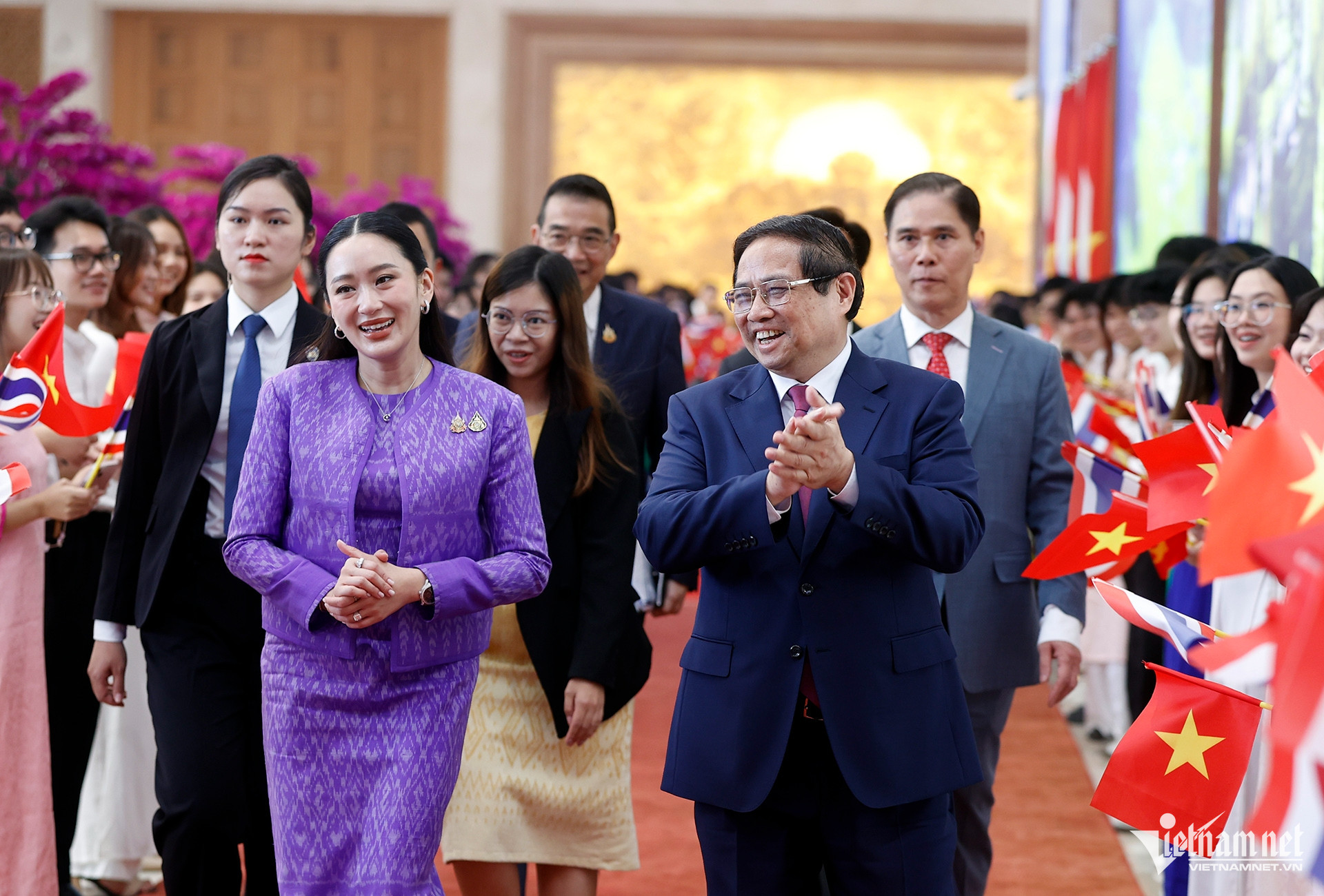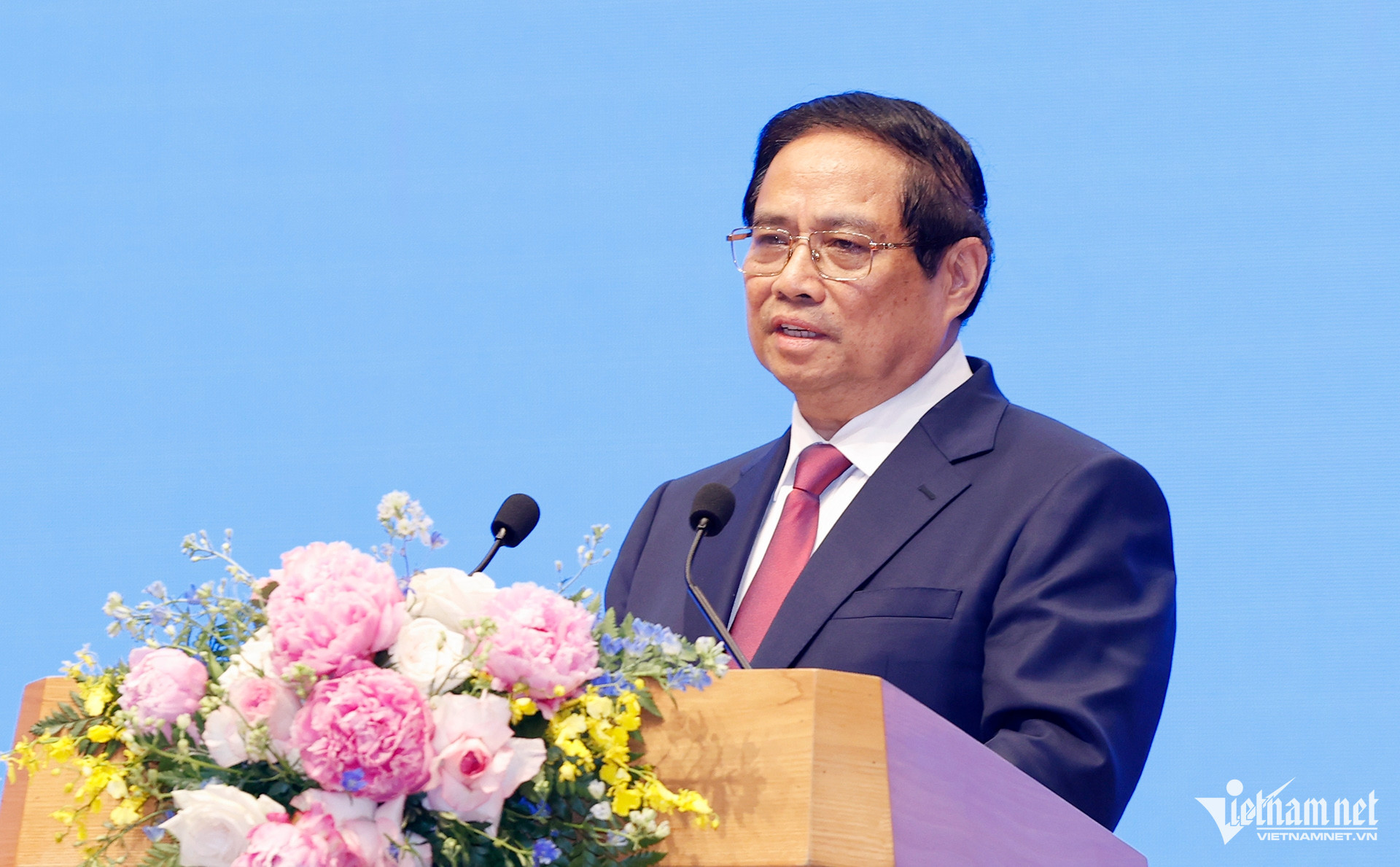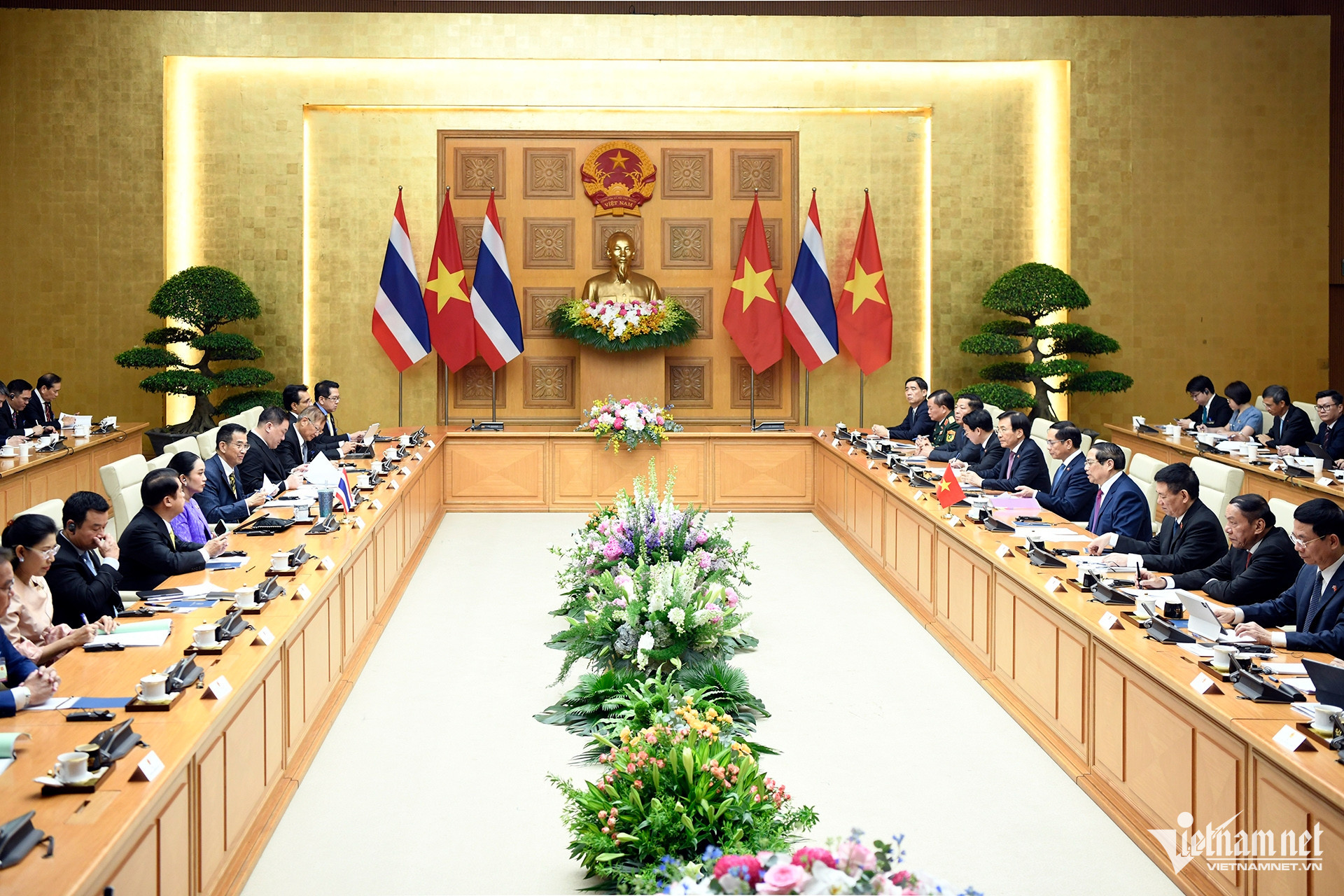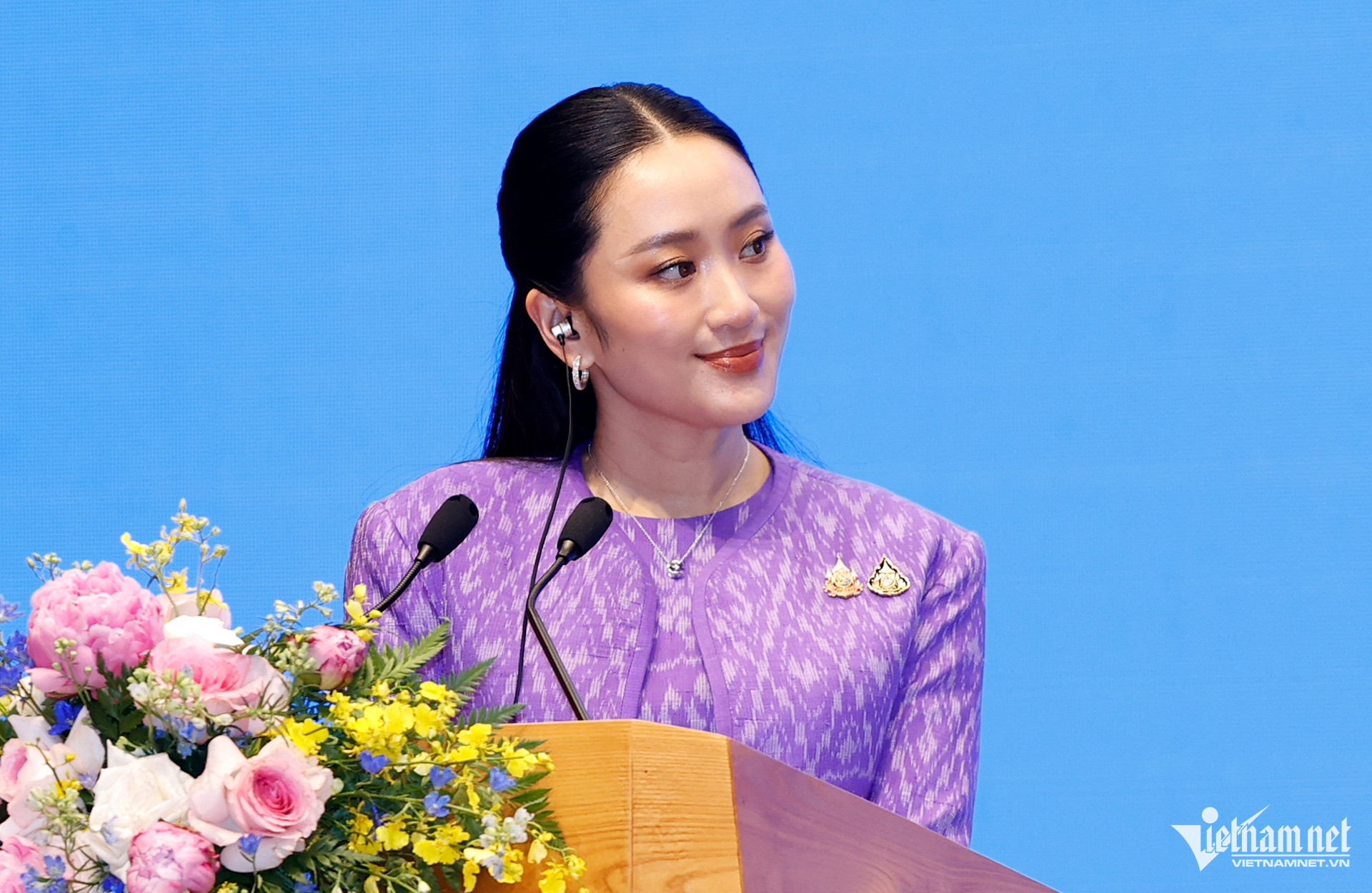At noon on May 16, following the fourth joint Cabinet meeting, Prime Minister Pham Minh Chinh and Thai Prime Minister Paetongtarn Shinawatra announced the official upgrade of Vietnam-Thailand relations to a Comprehensive Strategic Partnership, signaling a new era of bilateral cooperation.

Prime Minister Pham Minh Chinh emphasized that both leaders had reached consensus on several major strategic directions, including elevating the existing Strategic Partnership to the highest level of diplomatic cooperation.
Thailand was one of the first ASEAN countries to establish diplomatic ties with Vietnam after national reunification. It remains the only country with which Vietnam holds a joint Cabinet mechanism, first proposed by then Thai PM Thaksin Shinawatra in 2004.
The newly upgraded partnership will enhance regional peace and security, while fostering socio-economic development in both countries. A 2025–2030 action plan will be built on three key pillars, which PM Chinh described as “launch pads to help the Vietnam-Thailand cooperation ship sail further.”
Pillar 1: Partnership for sustainable peace

The two countries committed to deepening political, defense, and security cooperation to maintain peace and stability in the region. Plans are in place for a visit to Vietnam by the Thai King and Queen, and for General Secretary To Lam to visit Thailand at an appropriate time.
Both sides agreed to expand maritime security cooperation, defense industries, logistics, military medicine, search and rescue operations, and cross-border management. They also pledged to jointly combat transnational crimes, including drug trafficking, human trafficking, and cybercrime.
Vietnam and Thailand reaffirmed their mutual commitment to preventing any individuals or organizations from using one country's territory to act against the other.
Pillar 2: Partnership for sustainable development

Vietnam and Thailand will strengthen economic ties under a "3-Connectivity Strategy": connecting supply chains, connecting enterprises and localities, and aligning sustainable and green growth strategies.
Both sides aim to boost bilateral trade to USD 25 billion in a balanced and sustainable manner, while facilitating market access and investment opportunities in sectors like clean energy, digital economy, green economy, innovation, and high-tech agriculture.
Infrastructure and logistics connectivity will be expanded, particularly along the East-West Economic Corridor, improving mobility of goods, services, and people. Collaboration in digital transformation, green transition, science, and innovation will also be enhanced.
Pillar 3: Partnership for a sustainable future

The two sides underscored the importance of investing in youth, education, cultural exchange, and people-to-people ties as a foundation for long-term solidarity.
Agreements include expanding language centers (Vietnamese in Thailand, Thai in Vietnam), boosting student exchanges, scholarships, and inter-school cooperation. They also supported more direct flights between localities and the "6 countries - 1 destination" tourism initiative.
Opening a new chapter in bilateral relations
Thai PM Paetongtarn Shinawatra expressed her delight over the upgrade, saying it reflects the importance both nations place on their relationship, especially amid global uncertainty.
Thailand has invited PM Pham Minh Chinh to attend the Mekong-Lancang Summit in late 2025 and events marking the 50th anniversary of bilateral ties in 2026.
The two sides will soon convene the Vietnam-Thailand Joint Committee on Trade and facilitate business partnerships. Direct air, road, and sea connections - including a direct flight from Vietnam to northeastern Thailand and cruise routes linking Singapore–Vietnam–Thailand - are being promoted to enhance tourism.
 |
 |
 |
 |
Educational cooperation will also be strengthened, especially in STEM, AI, and semiconductors. Notably, the FPT University–Khon Kaen University model for semiconductor training will be expanded.
Vietnam and Thailand also agreed to enhance cooperation in the Mekong sub-region and within ASEAN, supporting the bloc’s central role and peace efforts in Myanmar.
Tran Thuong & Pham Hai